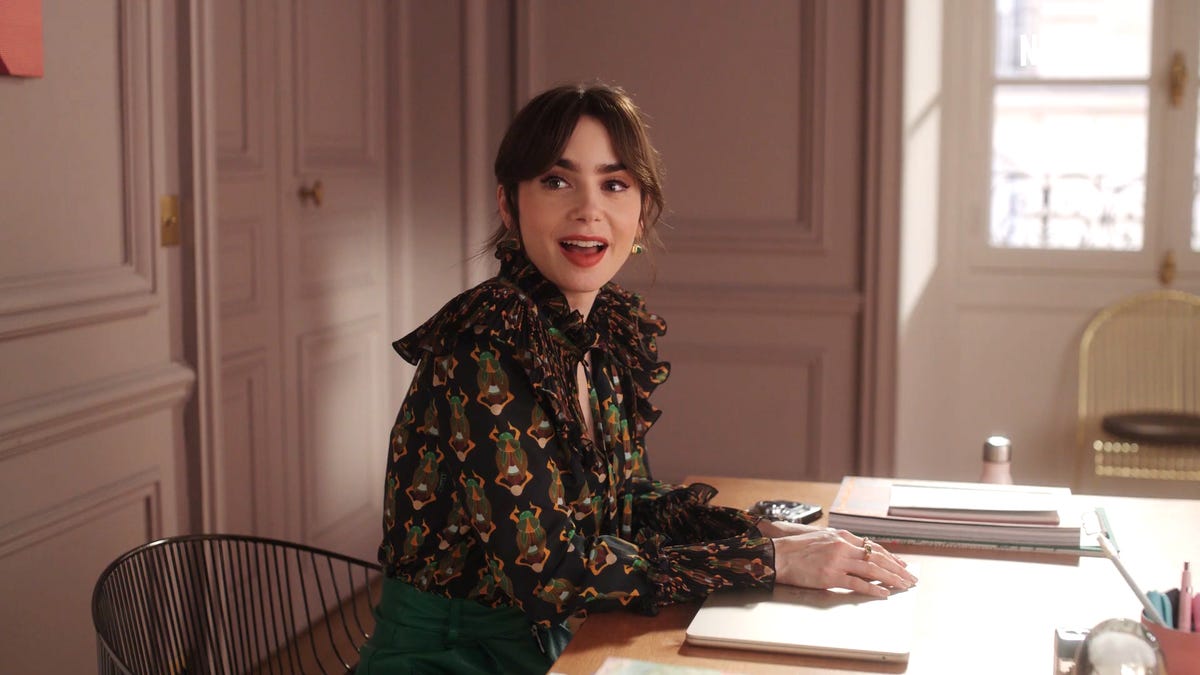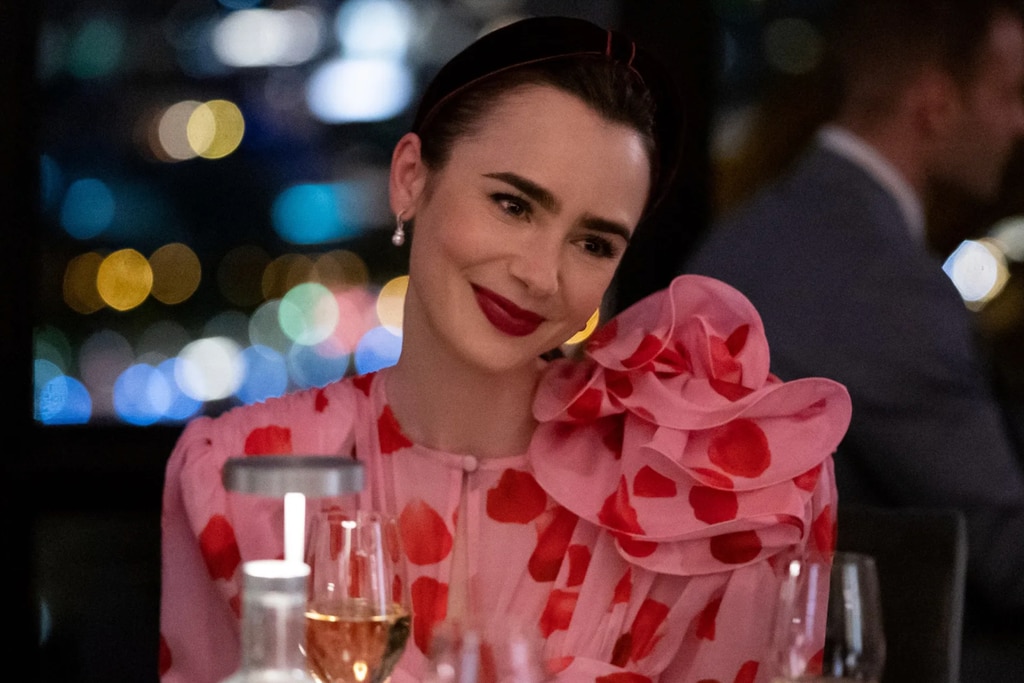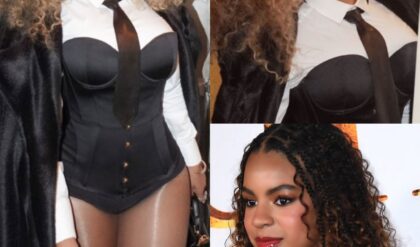The first half of the fourth season of Emily in Paris is due to his screens this week, and from a cursory glance, we needn’t expect anything disruptive in Darren Star’s latest outing. What’s been teased of the plot seems to very much follow suit from the last three seasons; Lily Collins’ Emily is caught between the affections of Alfie and Gabriel, while the chain-smoking Sylvie is on the warpath. The trailer has also teased more fabulous, divisive fashion as fish-out-of-water Emily continues to adjust to life in Paris. Effectively, it’s more of the same – but nonetheless, it’s one of Netflix’s hotly anticipated shows this year – and we can’t wait to watch more.
It may be somewhat of a surprise to early reviewers that Emily in Paris has made it to a fourth season. When the first season dropped in 2020, it was largely derided by critics. Among some of the most brutal savagings include The Guardian, who gave it a one-star review and described it as “an excruciating exorcism of French cliches”, with reviewer Rebecca Nicholson asking “what the French had done to deserve this”. Reviews across the English Channel were similarly scathing.

Yet viewers around the world (including in France), lapped up the frivolous lightness of Emily in Paris. According to figures released by Netflix, the programme was streamed by 58 million households worldwide in 2020, and was crowned the streaming service’s most-watched show in 2022. Emily in Paris also received two Golden Globe nominations in 2021 – although the legitimacy of the nods has been called into question.
So what has made Emily in Paris so popular, despite the generally accepted opinion it’s frothy, silly fun? We should remember that when the show landed in October 2020, the world was famously ‘going through it’. Coronavirus had reared its ugly head, lockdown was ongoing with no real end in sight, and the world was plagued with an uncertainty of what the future was going to look like. Emily in Paris was light-hearted escapism into a world we once remembered, only with an additional glossy sheen where everyone was wise-cracking and well-dressed. It was deliberately divorced from reality; there was no mention of politics, masks and vaccines. Instead, we could escape into Emily’s glitzy world where any mild sense of peril was purged and perfected at the end of each series.

Emily in Paris’ huge success could appear to be a little unwarranted when compared to other programmes that have only got a slither of recognition. We’re meant to be in the thick of the golden age of TV, with Hollywood-grade stars now fronting prestige dramas; a cursory look at upcoming shows sees Kate Winslet fronting the HBO limited series Trust, while Nicole Kidman will lead new Netflix thriller, The Perfect Couple. Meanwhile, shows such as Succession, which boasts 19 Primetime Emmy Awards among its collection of 81 trophies, has a loyal fan base but far smaller viewing figures when compared to the Goliath that is Emily in Paris (for comparison, the Succession finale viewing figures peaked at 2.9 million).

However, the success of Emily in Paris demonstrates that there is room for both prestige dramas and ambient, candyfloss viewing that is both insubstantial and inconsequential. There are some deep, thoughtful TV shows that are there to challenge, excite and thrill – but there are times where you just want to come home, change into tracksuit bottoms and indulge in something pleasant, simple and predictable. It’s why shows such as Suits, The Office and Friends continue to dominate streaming charts long after their original release dates. Sometimes, there is comfort in knowing what will come next, and where the unchallenging plot will wrap within 35 minutes. Reality is hectic enough, and the dreamy, bubbly landscape of Emily in Paris is the perfect respite. We don’t always have to live quite so relentlessly in the real world. Sometimes, it’s okay to escape.






